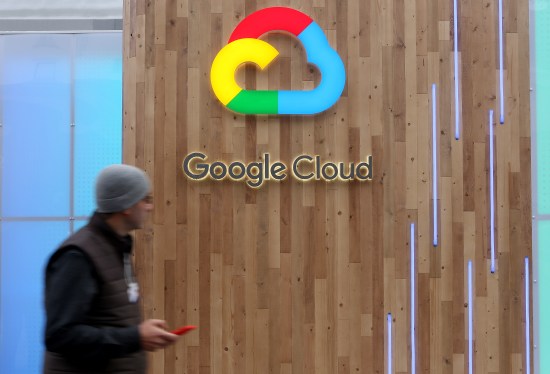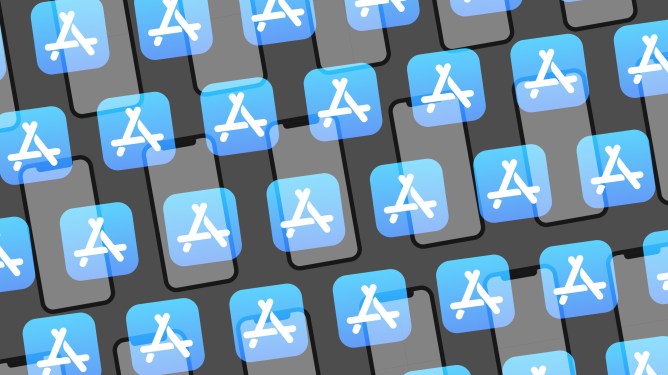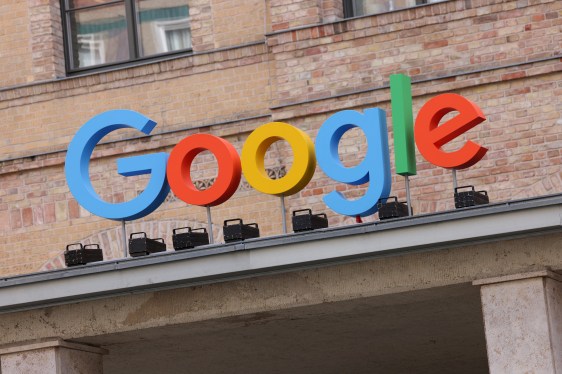Introduction
Google has officially announced its commitment to enforcing multi-factor authentication (MFA) for all Google Cloud customers starting in early 2025. This move will begin with the integration of prompts and "helpful reminders" directly into the Google Cloud console, followed by a phased enforcement period throughout the remainder of 2024.
Background on MFA Implementation
The idea of MFA was first hinted at in a document published earlier this year, though the official announcement came weeks ago through a blog post by Google’s VP of engineering, Mayank Upadhyay. Upadhyay outlined that Google Cloud will roll out MFA to all users globally during 2025. He emphasized the importance of this transition: "To ensure a smooth transition, Google Cloud will provide advance notification to enterprises and users along the way to help plan MFA rollouts."
Context on Existing Security Practices
The push for MFA comes in the wake of several high-profile security incidents that have highlighted vulnerabilities in companies that rely solely on single-factor authentication (SFA). For instance, companies like UnitedHealth delayed revealing the full scope of their data breaches after initially hiding critical information about a massive unauthorized access incident involving sensitive health records. This delay raised significant concerns among privacy advocates and cybersecurity experts.
Key Points of MFA Implementation
1. Phased Rollout
- Early 2025: Initial prompts and helpful reminders will be integrated into the Google Cloud console.
- Mid to Late 2024: A phased enforcement period will allow companies and users time to adapt to the new security standard.
2. MFA Options in Google Cloud
Google has already begun offering MFA options for its existing user base. Potential MFA methods include:
- Two-Factor Authentication (2FA) with SMS or email
- Authenticator apps like Authy or Google Authenticator
- One-Time Password (OTP) services
3. Impact on Existing Users
For existing Google Cloud users who already use MFA, the transition will be seamless. New users and those moving to Google Cloud for the first time will need to set up MFA by early 2025.
Industry-Wide Context
While Google is leading the charge in mandating MFA across its cloud platform, other major cloud providers have also been pushing similar initiatives:
- AWS: Announced a multi-step MFA strategy earlier this year.
- Azure: Will roll out two-factor authentication as part of its security package by late 2024.
Security Implications and Concerns
Adopting MFA is not just a security measure; it’s an ethical responsibility for all users and companies. Without proper MFA, sensitive data remains at risk, which could have devastating consequences. For example:
- Data breaches: Weak authentication practices have been linked to numerous high-profile breaches.
- Privacy violations: Even minor breaches can erode public trust in businesses and institutions.
Conclusion
The shift towards mandatory MFA by Google Cloud is a proactive measure aimed at safeguarding user data and ensuring long-term security. While the transition may cause some disruption, it represents a significant step forward in protecting sensitive information from cyber threats.
If you’re interested in staying ahead of potential security threats, we recommend following these top security experts:
- [Name of Expert 1] – Specializing in [field]
- [Name of Expert 2] – Specializing in [field]
By keeping an eye on their work, you can stay informed about the latest trends and practices in cybersecurity.
For more insights into security best practices and related technologies, explore these trending topics:
- Cloud Security
- MFA (Multi-Factor Authentication)
- Cyber Threats
Discover what to expect from cyber threats in 2024 and how to protect your digital assets.
By submitting your email, you agree to our [Terms of Service] and [Privacy Notice]. You can unsubscribe at any time.



